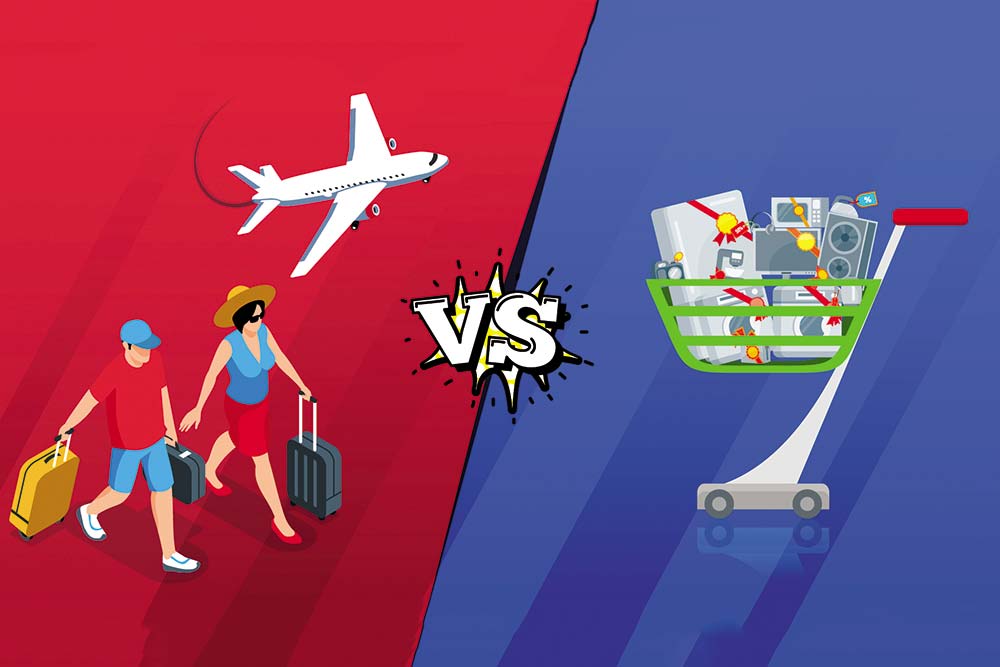The Indian economy, which came to a halt after lockdown, has started gaining momentum. With the festive season around, the government announced various measures to enhance consumer spending and boost the economy. Let us look into the aspects related to the salaried class in these announcements.
LTC Cash Voucher For Central Government (CG) Employees
CG employees are entitled to receive Leave Travel Concession (LTC) upon undertaking actual travel. However, given COVID-related restrictions and challenges stemming from social distancing, employees have been unable to travel. It means that CG employees have to forgo the LTC benefit in the absence of an alternative. As a one-time measure, the government has announced the benefit.
A proportionate benefit would be given to employees unable to spend the eligible amount. Moreover, to facilitate spending, employees will be allowed to draw 50 per cent of their eligible deemed fare and 100 per cent of the leave encashment as advance.

If an employee spends Rs 4,82,000 or more, she will be entitled to receive 100 per cent of the amount, i.e., Rs 1,94,000. Out of this, the portion related to LTC or Rs 1,44,000 will be tax-exempt. It will result in a tax saving of Rs 61,545 at the maximum tax rate of 42.74 per cent. The amount entitled will proportionately reduce if the actual amount spent is lower than the required amount.
This looks like an attractive scheme for employees planning to buy goods or services during this festive season. Most white goods such as mobiles, vehicles except electronic vehicles, refrigerators, washing machines attract GST at 12 per cent or more. Employees may use LTC benefits and reduce their overall expenditure on purchases by opting for this scheme.
Those planning to travel in the next few months should opt out of the scheme and take advantage of the LTC benefits instead. This is because the scheme requires a higher cash outflow than the actual amount received. Since LTC entitlement is for two travels in a block of four years, with the current block being 2018-2021, employees will still have the time to claim benefits.
Thus employees will enjoy the tax exemption on the deemed fare received instead of LTC benefits.
Festival Advance For CG Employees
The government also announced an interest-free advance of Rs 10,000 to CG employees. The advance would be issued in the form of a pre-loaded RuPay card. Employees can use it for meeting expenses before March 31, 2021. The amount, however, cannot be withdrawn in cash. It will be recoverable from employees in a maximum of 10 instalments allowing employees to spend on goods or services of their choice and spread the cost burden over 10 months.
No tax implications on these transactions are an incidental advantage for employees. This is because the advance or loan up to Rs 20,000 is not considered a taxable perquisite.

Benefits For Non-CG Employees
To incentivise overall consumption by the salaried class, the government has announced tax exemption on deemed LTC fare for non-CG employees, including private and state government employees.
The tax exemption is presently available on fare incurred towards two travels in a block of four years, with the current block period being 2018 to 2021. Even if a journey is not undertaken, the tax exemption will be available for an amount equivalent to LTC, subject to a ceiling of Rs 36,000 per round trip, per person. Other conditions are the same as applicable to CG employees.
Practical Aspects
- Individuals opting for Simplified Personal Tax Regime (SPTR), where lower tax rates are applicable, but exemptions and deductions are not available, will not be eligible for LTC tax benefit. It would be good if the government extends this tax exemption irrespective of whether one opts for SPTR or not since the larger objective is to boost spending.
- Employees opting for the regular tax regime will enjoy the exemption and could be at an advantage. However, if an employee changes over to STPR while filing tax returns during FY2020-21, the exemption will not be allowed. It will result in an additional tax burden.
- For many private-sector employees, leave travel allowance or concession is part of their pre-determined Cost-to-Company (CTC). The government needs to provide detailed guidelines on extending this benefit and ensuring tax-withholding compliance requirements.
In brief, the announcements bring some cheer this festive season and are expected to boost sentiments and consumption. Employees would do well to keep track of their vouchers and look into the applicable GST rate while shopping.
(With inputs from Arvind Vyas and Meenakshy G)
The author is Partner, Deloitte India







